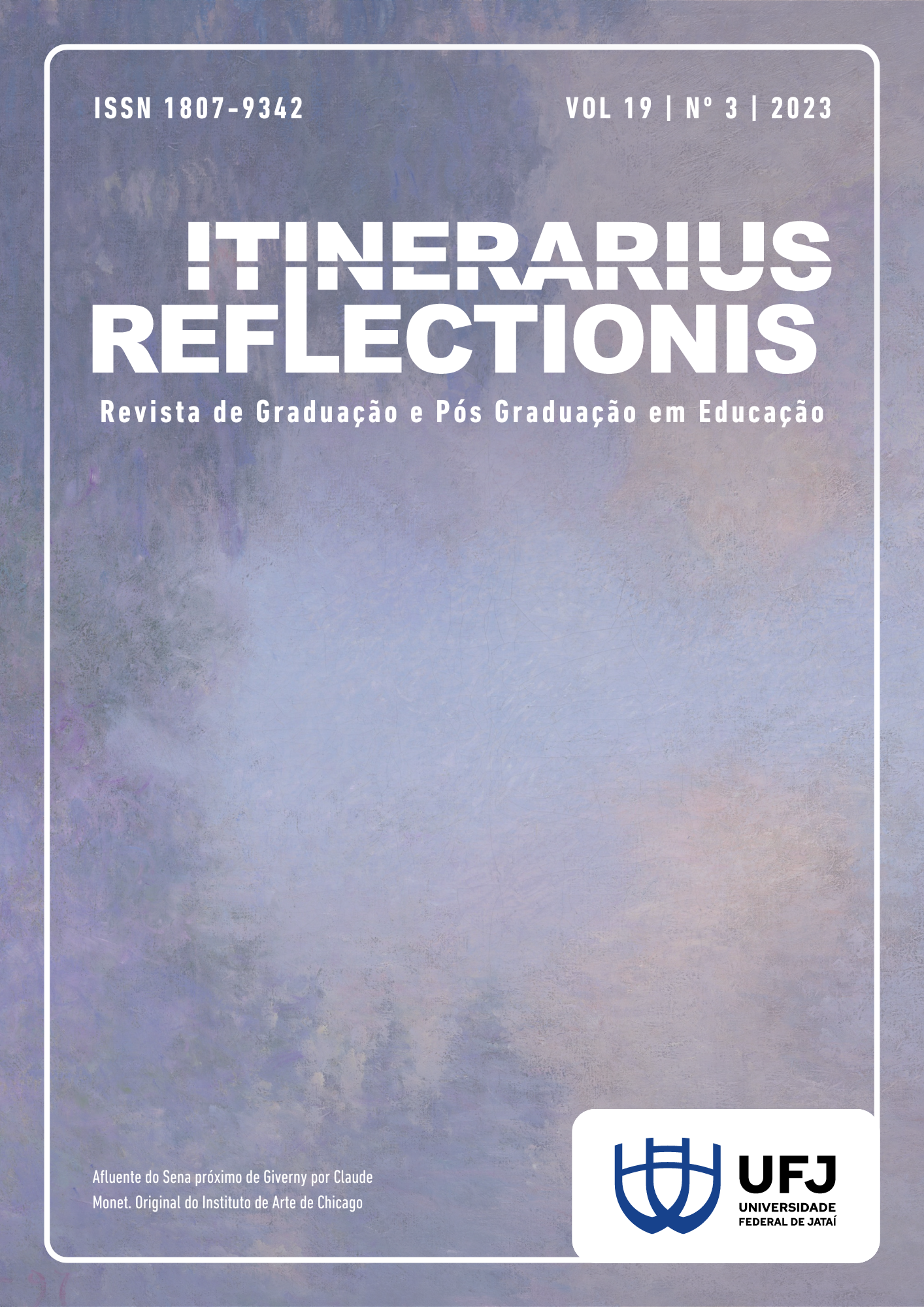Social literacy in the activities of reading and interpreting texts in the caderno aprender+
DOI:
https://doi.org/10.69843/rir.v19i3.75574Abstract
This study aimed to analyze the (non) occurrence of the practice of social literacy in reading and interpreting texts written by the “Caderno de Atividades Aprender+ Língua Portuguesa’ of Elementary Education - Final Years, as well as to verify the work done with new media/Internet literacies. The study is justified by the fact that we know that the school is considered the most important literacy agency, in addition to having one of its functions to develop the student’s reading and writing abilities that can go beyond the simple act of encoding and decoding a message. For working with a wide range of genres for school purposes, this type of literacy ends up being overvalued, overlapping social literacy, which is little, or nothing worked in the classroom. The generation and analysis of the data were based on the interpretative methodology, anchored in the principles of Applied Linguistics. The data revealed little variability in social and media/internet literacies compared to outhers literacies. It is relevant to point out that the genres in the material are approached from a more formal perspective, emphasizing the use of language, the purpose of the genre, compositional form, aspects of a communicative situation and social function, contributing with no frequency the ability to deal with genders in a situation of concrete use, staying away from the knowledge of using the letter in a given social situation, distancing the student from the development of critical literacy, and making him a mere identifier and reproducer of school literacies.
Downloads
Downloads
Published
How to Cite
Issue
Section
License
Os artigos encaminhados para publição na revista ITINERARIUS REFLECTIONIS deverão ser originais e não publicados ou propostos para tal fim em outra revista. Aceitam-se artigos escritos em Português, Espanhol e Inglês. A revista ITINERARIUS REFLECTIONIS se reserva o direito de efetuar, nos originais, alterações de ordem normativa, ortográfica e gramatical, com vistas a manter o padrão culto da língua, respeitando, porém, o estilo dos autores. As provas finais não serão enviadas aos autores. Texto sobre Copyright do conteúdo da Revista.


